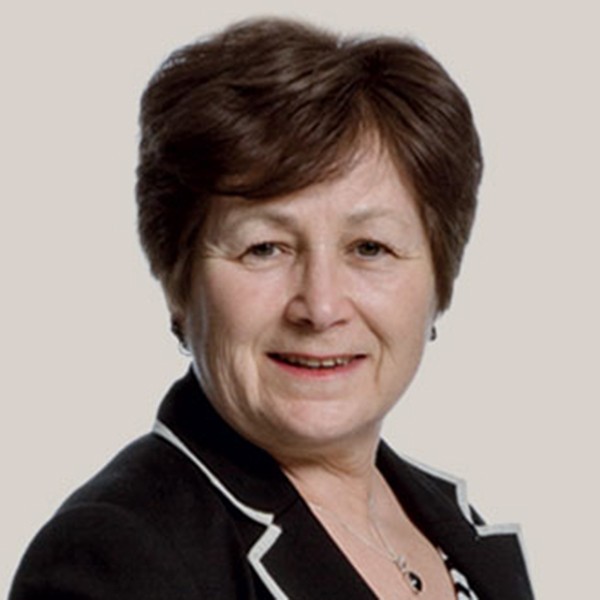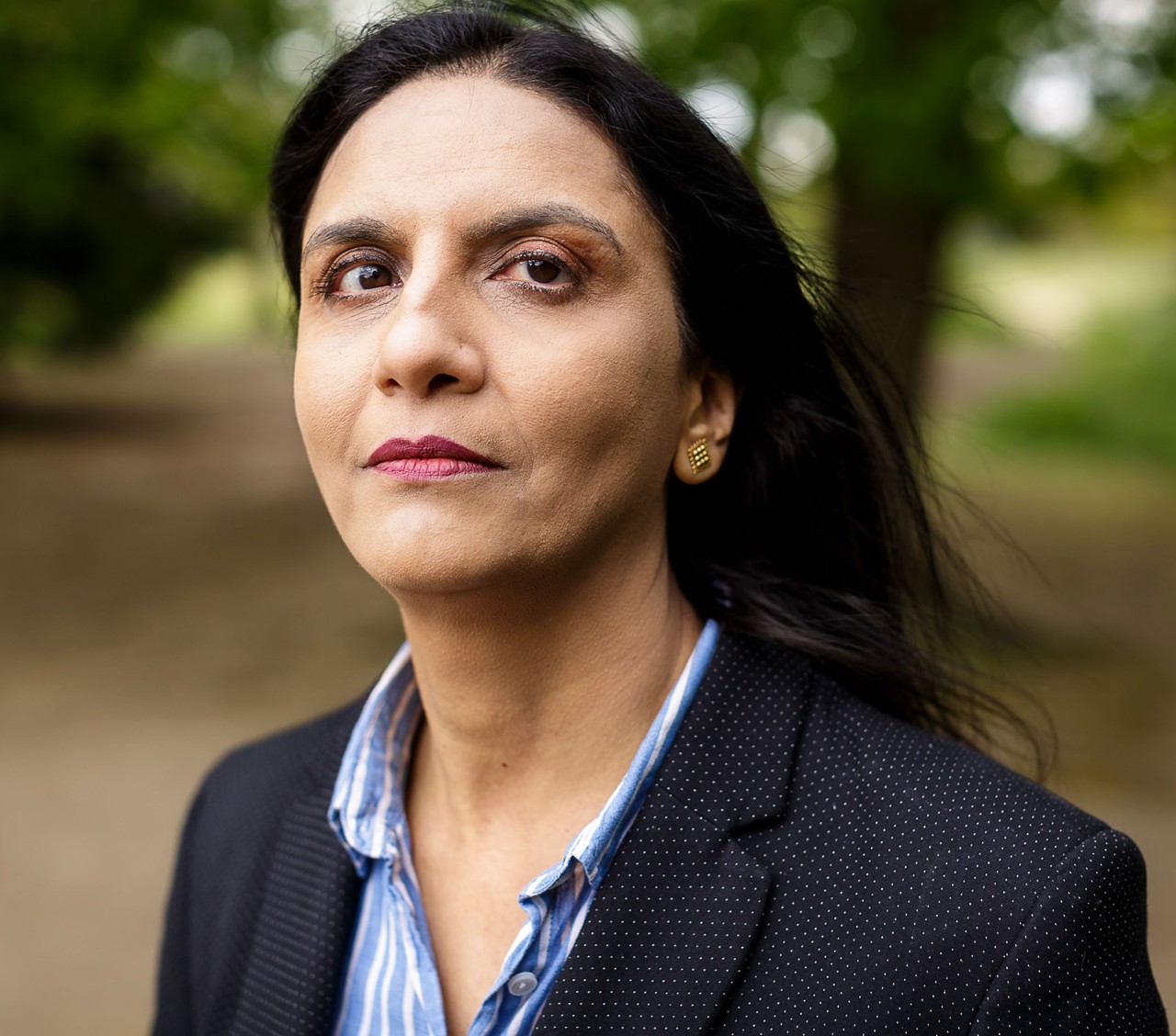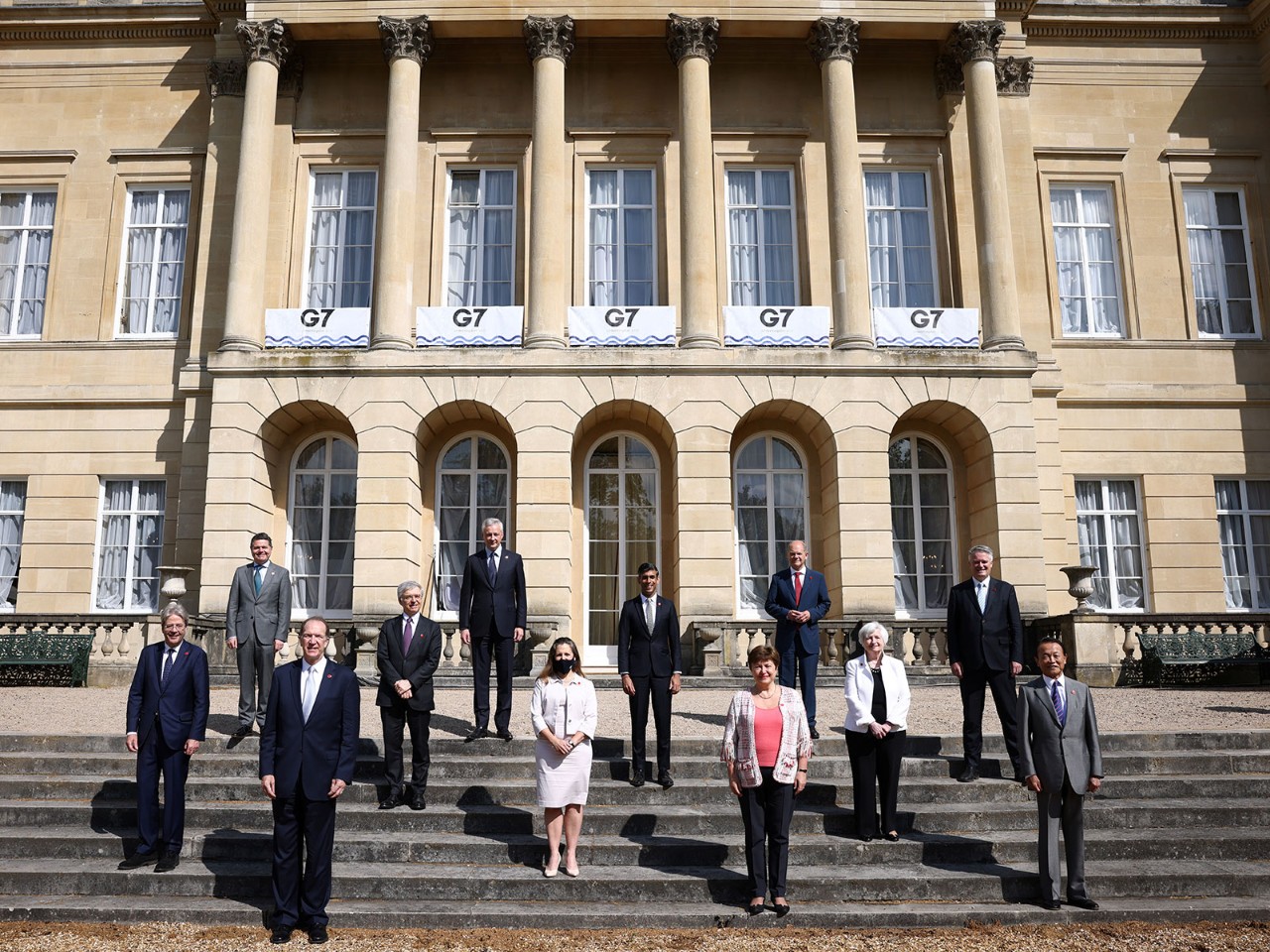
Amid all the excitement about ‘sustainability’ standard-setting, you might have missed the 20th anniversary of the International Accounting Standards Board.
The IASB is overseen by the IFRS Foundation, which held a virtual conference in early June to mark two decades of progress in international financial reporting. It was also a farewell event for Hans Hoogervorst, who has chaired the IASB through its second decade, following Sir David Tweedie.
The reach of IFRS Standards now extends to more than 140 countries, with the EU’s implementation in 2005 providing an early boost. Other driving factors have been the reform of the foundation’s constitution and the shift in the geographic balance from anglophone to global. International support for the foundation’s plan to set up an International Sustainability Standards Board (ISSB) bears witness to the hard-earned legitimacy.

A lack of comparability with the US irks not only users of accounts but regulators
Big wins
Battles won by the IASB include expensing share options (Tweedie reckons he came close to a fist-fight over that one); ending ‘big bath’ acquisition provisions (the manipulation of income reporting to make poor results look worse so that future results can appear better); IFRS 9 on financial instruments, which largely settled the controversy over fair value versus historic cost; IFRS 15 on revenue recognition, tightening up accounting for contracts; and getting operating leases onto company balance sheets via IFRS 16.
For users of accounts, tackling abuse and filling gaps have always been key. Sometimes this has taken an age – insurance is at last nearing adoption, and the stop-start project on primary financial statements has reached some useful conclusions.
Convergence unconsummated
This July, Hoogervorst hands over the chair to Andeas Barckow, president of the Accounting Standards Committee of Germany (you can read an AB interview with Barckow from 5 July). The legacy includes a failure to achieve convergence between IFRS and US GAAP.
Some would say the US was never going to accept standards ‘not invented here’; others that a bit of competition is healthy. But a lack of comparability irks not only users of accounts but regulators. The International Organization of Securities Commissions has called on the IASB and its US equivalent, the FASB, to ‘collaborate closely’ on accounting for goodwill – to amortise it, or not – after observing that ‘some of their ideas seem to be diverging’.
The IASB must continue to resist pressure from preparers of accounts who are keen to manage (manipulate) earnings
As for the future, the IASB has launched an agenda consultation covering 2022–26. Only a few big projects can be added to a pipeline that already includes an overhaul of the practice statement on management commentary (linking to the ISSB’s agenda) and reviews of IFRS 9, 15 and 16.
Top of the list are likely to be two other issues that read across to sustainability: accounting for intangible assets and climate risk. These join perennial demands for improvements to the cashflow statement and reporting on operating segments.
Keeping the true and fair faith
But the approach is just as important. The IASB must continue to resist pressure from preparers of accounts who are keen to manage (ie manipulate) earnings. Hoogervorst has warned that an EU carve-out from IFRS 17 would enable insurers to ‘show artificially high profits and even mask losses’.
The other type of pressure to be resisted is political. This has increased during the pandemic as standard-setters joined the forbearance exercise. Sustainability is an inherently political issue, so let’s hope that the IASB’s technical rigour rubs off on its sibling. It is easier said than done to describe economic reality as faithfully and neutrally as possible, let alone environmental and social impacts.




